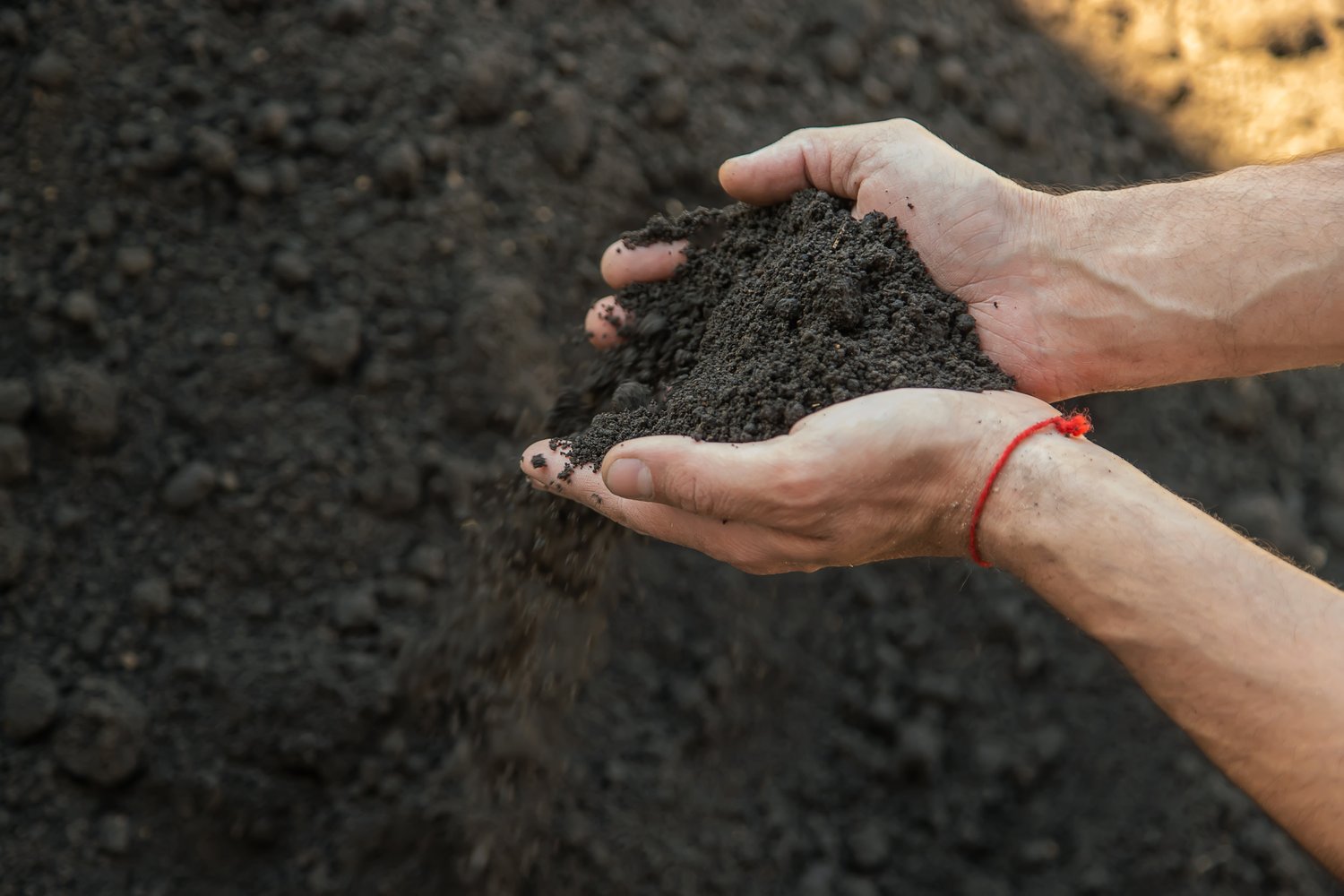A thriving spring garden starts long before the first seeds are planted. Proper soil preparation during the colder months is the foundation for healthy plants, vibrant blooms, and bountiful harvests. Early spring gardening isn’t just about clearing space; it’s about creating an environment where plants can flourish.
Why Soil Preparation Matters
Healthy soil is the key to a successful garden. It provides essential nutrients, retains moisture, and fosters root development. Plants may struggle to grow if soil isn’t adequately prepared, leaving you with subpar results. Starting early gives your garden the best chance to thrive when spring arrives.
Common Soil Issues That Affect Gardens:
- Nutrient Deficiency: Depleted soil lacks nutrients like nitrogen, phosphorus, and potassium.
- Compaction: Tightly packed soil prevents roots from spreading and hinders water absorption.
- Drainage Problems: Poorly drained soil can drown roots or lead to rot.
- Soil Acidity or Alkalinity: Incorrect pH levels can limit plant nutrient availability.
Steps to Prepare Your Soil for Spring Gardening
- Clear the Area
Begin by removing debris, old plant material, and weeds from your garden beds. This reduces the risk of pests and diseases overwintering in your soil. - Test Your Soil
Invest in a soil test kit or hire a professional to analyze your soil’s pH and nutrient levels. This will help determine whether amendments like lime, sulfur, or fertilizer are needed. - Add Organic Matter
Enrich your soil with compost, aged manure, or organic mulch. These materials improve soil structure, add nutrients, and increase water retention. - Aerate and Loosen the Soil
Use a garden fork or tiller to break up compacted soil. Aeration improves drainage and allows oxygen to reach plant roots, encouraging healthy growth. - Incorporate Nutrients
Add the appropriate fertilizers or soil amendments based on your soil test results. For example:- Nitrogen: For leafy greens and vigorous growth.
- Phosphorus: To promote strong roots and flowers.
- Potassium: To improve overall plant health and fruit production.
- Plan for Mulching
While you may not plant immediately, applying a layer of mulch helps retain moisture, regulate soil temperature, and suppress weeds.
Choosing the Right Soil Enhancements
Not all gardens are the same, so understanding your plants’ needs is crucial. Nutrient-rich soil is essential for vegetable gardens, while flower beds often benefit from well-drained, slightly acidic soil. A professional landscaper or gardener can help you tailor your soil preparation to your garden’s specific requirements.
Benefits of Early Soil Preparation
Starting your soil preparation early sets your garden up for success. Benefits include:
- Improved Plant Growth: Healthy soil promotes robust root systems and strong plants.
- Reduced Pest and Disease Issues: Clearing debris and enhancing soil health minimizes risks.
- Better Water Management: Aerated and nutrient-rich soil absorbs and retains water effectively.
- Time to Plan: Early preparation allows you to focus on selecting plants and designing your garden layout.
Work with a Pro for Optimal Results
For best results, consider hiring a professional landscaper to help with soil testing, amendment recommendations, and preparation. Experts have the tools and knowledge to create the perfect foundation for your garden, saving you time and effort.Visit AskHomey.com for more gardening tips and professional guidance. Follow us on Instagram and Facebook to stay inspired. Take the first step toward a vibrant spring garden today!



